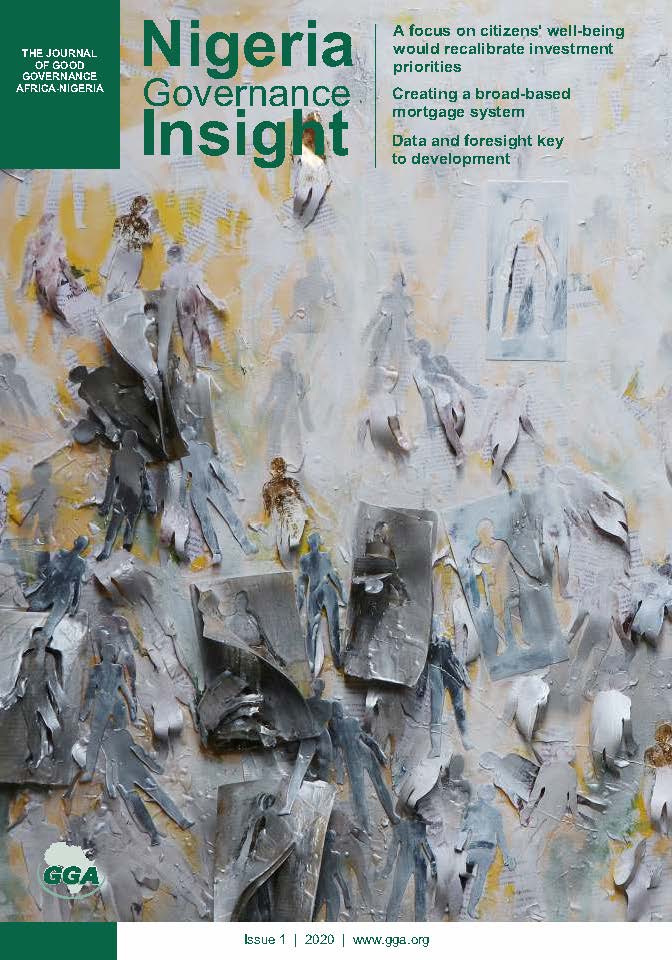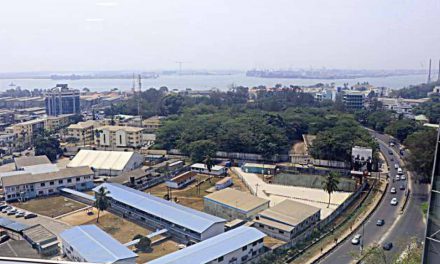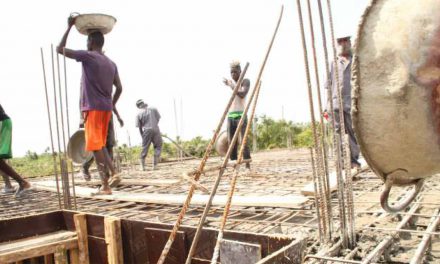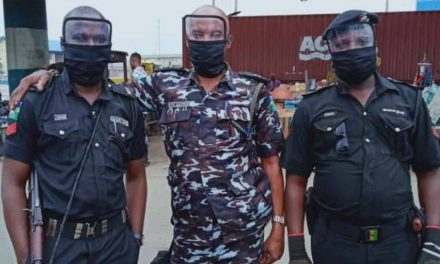The 1999 elections ended 16 years of military dictatorship and ushered in what has thus far been Nigeria’s longest period of sustained civilian rule. The 1999 Constitution was a document crafted by the military, and was in turn based on the 1979 Constitution, which had ended Nigeria’s first period of military dictatorship. In 1994, Gen. Sani Abacha convened the Constitutional Conference Commission under the chairmanship of Justice AG KaribiWhyte. A draft Constitution was submitted to Abacha in 1995, but he did not attend to it. A public hearing was started after Abacha’s death and a seemingly wide-ranging group was allowed to debate it in Benin, Enugu, Ibadan, Jos, Kaduna, Kano, Lagos, Maiduguri, Port Harcourt and Sokoto. This group comprised representatives of the judiciary, labour unions, the security services and the press, as well as doctors, engineers, university lecturers, farmers, bankers, market women and students.
The committee submitted its report to Gen. Abdulsalami Abubakar on 30 December 1998, after which the Armed Forces Ruling Council (AFRC) debated it. The AFRC accepted some of the recommendations and rejected others, and the Ministry of Justice published an amended draft Constitution. After further amendments, the AFRC on 5 May 1999 promulgated the draft Constitution by Decree No. 24 of 1999 as the Constitution of the Federal Republic of Nigeria 1999. From the start, the 1999 Constitution was plagued by concerns over its legitimacy. It opens with the words “We the people” – a phrase that has been characterised as an untruth, especially by socio-cultural groups that were left out of the debates in 1998. It has also been pointed out that it was adopted by decree rather than referendum.
This led to demands for the convening of a Sovereign National Conference where the very basis of the relationship between the constituent ethnicities in Nigeria could be debated and agreed upon, before a constitution was debated. Successive governments have failed to heed these calls. Rather, the preferred method has been to amend the Constitution through the National Assembly. This has had mixed results. During the second term of President Olusegun Obasanjo, among the proposed amendments to the Constitution was one to grant the president a third term in office. As all amendments were packaged in a single Bill, the defeat of the third term proposal meant the defeat of all the other proposed amendments.












